We are paid more than ever to think instead of just doing routine tasks ... embracing "Deep work"
We are paid more than ever paid to think instead of just doing routine tasks. More people than ever need to produce complex pieces of work and more people than ever are having problems to produce high quality tasks to an elite level ….
Today’s post is a little bit different from my latest posts. It’s a mix between personal thoughts and a book summary. I do really encourage you to include this book in your Amazon wish list.
The book is Deep Work from Cal Newport, I finished last week the book while I was in a flight coming back to Spain to celebrate my mother’s birthday with a tasty homemade paella, yay!! and it kept me thinking for a few days (both the book and the paella 😃)
Cal is a unicorn nowadays, why?
Well, he’s a millennial, he’s young, mid-thirties, he’s computer engineer and he never had a social media account; and it’s quite difficult to reach him by email.
This is his lifestyle, his working style and I like the approach. He does this to produce deep work, quality output.
He defends the idea of Deep Work, and he claims that being present in social media channel reduce the ability to produce quality work.
The central idea of the book I find it quite interesting.
We need quiet moments and focus to produce high quality work. But at the same time, when I think about this I find a funny the dichotomy we face knowledge worker.
More people than ever are paid to think and we are surrounded by “noise” and distractions.
I’m sure many people reading this post will see themselves identified with this thought, there’s a quick test we can do for this?
How does it look for example the Home Screen of your phone? Or your inbox? Or your to do list?
This is my home screen real time …. And I can see an intimidating number of emails pending to read or being sync’d.
I have WhatsApp notifications pending, missed calls, 22 meeting requests in my calendar, 173 iMessage, 26 podcast notification without listening …. It’s difficult to focus with so many “noise”, so, what do we do in these situations? It’s not possible to be continuously isolated in a room at our office; or having the computer with no Wifi, or the phone eternally in airplane mode … that’s not possible for many people working in the knowledge industry … therefore it’s in these situations where some advices to produce deep work are as necessary as rain in an August afternoon in Seville.
The book in 3 sentence is:
• Deep work is the ability to focus without distractions on a cognitively demanding task
• Shallow work is not as demanding, you can perform while you are “distracted”. It does not create much new value in the world and it’s easy to replicate. In this category we can find reply emails, organise meeting agendas, fill forms etc etc
• The capacity of produce deep work is like a super power in today’s economy. Thosewho are able to stay focus to produce deep work will thrive enormously in the coming years.
What’s the paradigm here, in the absence of clear indicators of what it means to be productive and valuable in our, jobs there’s a big risk we end up being trapped using busyness as proxy to productivity, this means some situations I’m sure many of you will reckon
• Send emails at all hours
• Attend meeting constantly
• Being present in IM apps (HipChat, Skype or whatever instant message tool our company uses)
All these behaviours make us seem busy in a public manner, but to be honest if we think about it, I agree with Carl that these behaviours are distracting and not producing high quality results.
The questions then is why we need to produce high quality results, why do we need to produce high deep work?
In today’s economy there are 3 winners as explained in the book
1. High-skilled workers (esp. those who can work with smart machines)
2. Superstars (i.e a data scientific guru)
3. Owners (people with great capital to invest in startup, Richard Branson type of people)
Deep work cannot help us (in the early phases) to become a billionaire owner … however deep work can help to become a high-skill worker or a super start. Why? The idea to be honest is quite simple (and complex at the same time).
To be a high-skill worker you need to learn complex concepts, you need to master the ability to understand ideas and put them into practice. And we need to produce work at an elite level, both in terms of speed and quality.
How do we do this? How do we learn complex topics? That’s the core of the book.
We need to focus intensely, without distractions. When we switch from replying an email to keep working in the definition of the process to integrase an API of machine translation in our CMS and after that we reply a WhatsApp we just received…. the chances that the quality of the process we are defining is considered a master piece is in a risky situation. Our attention doesn’t automatically follow from one task to another. There’s a residue of attention still thinking of that email or that Whatsapp message we just replied…
We need clarity to produce at an elite level, clarity about what’s important and what’s not. We need rules, routines and processes to help us to keep our efforts structured.
The rules of deep work are as follow
Rule #1 Work deeply
Decide on your depth philosophy. There are different 4 approaches for this philosophy.
• Monastic: Cut out all distractions (including email), all the time, to produce your masterpiece.
• Bimodal monastic: Every once in while take a period between one day (minimum) and one week to go on monastic retreat, then return to your shallow work commitments.
• Rhythmic: Do a period of deep work (1.5 – 4 hours) each day, often prior to other work obligations.
• Journalistic: Fit in deep work when you can, day by day, seizing chance opportunities. Think: Deep work “on demand.” Difficult, only for the experienced.
It’s very important to choose the philosophy that it will work in our own world. In my working environment the monastic approach would be quite difficult to implement as working routine. It’s difficult to disconnect totally for a period of time for the type of work I do, however for a writer this deep work technique would be very useful, in my case with different stakeholders, a team to manage and working in Agile environment it’s just not possible. However, this does not mean I cannot enter in deep work flow, it means I have to choose a different approach; in my case the model that I’m implementing is the “rhythmic” although my ultimate goal is to train my brain to be able to move to the journalistic model. That would work much better in my working environment … however I’m not prepared yet to disconnect on small period of time and being totally focus, I need to keep working for a few month in the rhythmic one before I can start looking into the next level.
Rule #2: Embrace Boredom
In Cal own words “Once your brain has become accustomed to on-demand distraction, it’s hard to shake the addiction even when you want to concentrate. To put this more concretely: If every moment of potential boredom in your life—say, having to wait five minutes in line or sit alone in a restaurant until a friend arrives—is relieved with a quick glance at your smartphone, then your brain has likely been rewired to a point where it’s not ready for deep work—even if you regularly schedule time to practice this concentration.”
Gosh, that’s me! I’m checking my phone everytime I’m waiting at the supermarket or waiting for 2 minutes to the next metro. I’m definitely not ready for an Internet Sabbath, but I like the idea proposed in the book
“Instead of scheduling the occasional break from distraction so we can focus, we should instead schedule the occasional break from focus to give in to distraction.”
This idea is…. genius!!, I need to focus for a few hours and then I can make a break and play around with my iPhone. I like this idea and I’m working into integrating this idea in my routines.
To succeed with deep work, we must rewire our brain to be comfortable resisting distracting stimuli.
Rule #3: Quit Social Media
Ooops …. What do we do with this one? Difficult to stay away from Twitter, Instagram or Facebook, however I agree that those apps have produced very little benefit to my life. Yes, it’s nice to see my pictures of friends, and all those funny gifs and cat videos … but still I agree with Carl that this falls into the category of shallow work.
In the book it’s proposed the following so we can compared results
• Quit social media for 30 days. Don’t formally deactivate these services, and (this is important) don’t mention online that you’ll be signing off: Just stop using them, cold turkey. After thirty days of this self-imposed network isolation, ask yourself the following two questions about each of the services you temporarily quit: 1. Would the last thirty days have been notably better if I had been able to use this service? 2. Did people care that I wasn’t using this service?
• Don’t use the internet to entertain yourself. If you give your mind something meaningful to do throughout all your waking hours, you’ll end the day more fulfilled, and begin the next one more relaxed, than if you instead allow your mind to bathe for hours in semiconscious and unstructured Web surfing.
This one is quite difficult to achieve for me, so I have opted for an intermediate solution regarding the “Quit the social media rule”
I just do social media as a secondary entertainment task, this means “I checked my Facebook or Tweets while in the gym” And I do not check my feed/timeline in any other situation. This is helping to create an association Gym=entertainment, Office= deep work … When I’m warming up in the Gym’s bicycle that part is a little bit boring, so having the phone with me while I cycle it seems to be a good solution for me. I did not know what to do while in the CrossFit or elliptic bicycle … now I check all my SM accounts ..
By doing this I manage to stay connected with my friends, I exercise and kill two birds with one stone 😃
Rule #4: Drain the Shallows
Taking pictures of my travel receipts to prepare an expense report, answering morning emails, formatting documents, reviewing the latest invoices of Localization vendors … These are tasks I’m sure they are familiar to many of the readers of this post. It is the more boring and routine tasks that keep us craving for creativity and passion in our lives. Shallows tasks are those that we need to get them done, it’s not realistic to think to get rid of those tasks just because they are boring and low impact task. All jobs will have these routinely part that we will need to get through, it doesn’t matter whether we like or not.
Obviously designing a process flow an UX work is a complex task that it requires deep work, but at one point you’ll have to schedule demos and meeting which is shallow work that we cannot just ignore. It’s in this situation where the 4th rule of Cal’s book gets into action, Drain the Shallow.
The idea behind this rule is that it’s true that we cannot get rid of routine tasks, but what we can do is to analyse all these tasks, and put them all together so we schedule some work for those tasks low output quality. What I have done to incorporate this rule in my working routine is to analyse every hour of a typical work week, and then I have created slots in my time table for deep work (in the morning when I’m still fresh and creative) and different slots for shallow work to catch-up emails, attend meeting, calls etc etc. My slots for this shallow work are before lunch and before going home. I’m fixing my schedule productivity and this is working quite nicely!
The other concept I introduced is Email tactics: Help senders self-filter themselves, writing emails that “close the loop” I’m avoiding to promote ongoing discussions)
To explain this better let me quote the example of the book, it’s brilliant technique
“Email example: I took a stab to the article we discussed. It’s attached. Thoughts?”
now let’s compare this one using the email tactic
“Thanks for getting back to me. I’m going to read this draft of the article and send you back an edited version annotated with comments on Friday (the 10th). In this version, I send back I’ll edit what I can do myself, and add comments to draw your attention to places where I think you are better suited to make an improvement. At that point you should have what you need to polish and submit the final draft, so I’ll leave you to do that – no need to reply to this message or to follow up with me after I return the edits – unless of course there’s an issue.
I LOVE it! It’s a great way to close a loop, I’m sure occasionally you have been in long email threads with never ending emails, these emails look like a ping-pong match! In this example the chances to convert this email in a thread are much smaller in the second example with the closing the loop email tactic incorporated.
The first one “thoughts?” it’s very generic.
To summarize, Cal Newport’s Deep Work is a fascinating read about the benefits and practical steps we can take to do more deep work. Unlike shallow work, that can give the false impression of productivity, deep work is much more valuable nowadays. Deep work will help us to increase…. to increase our productivity and getting the results we desire.
Have a wonderful day!
@yolocalizo
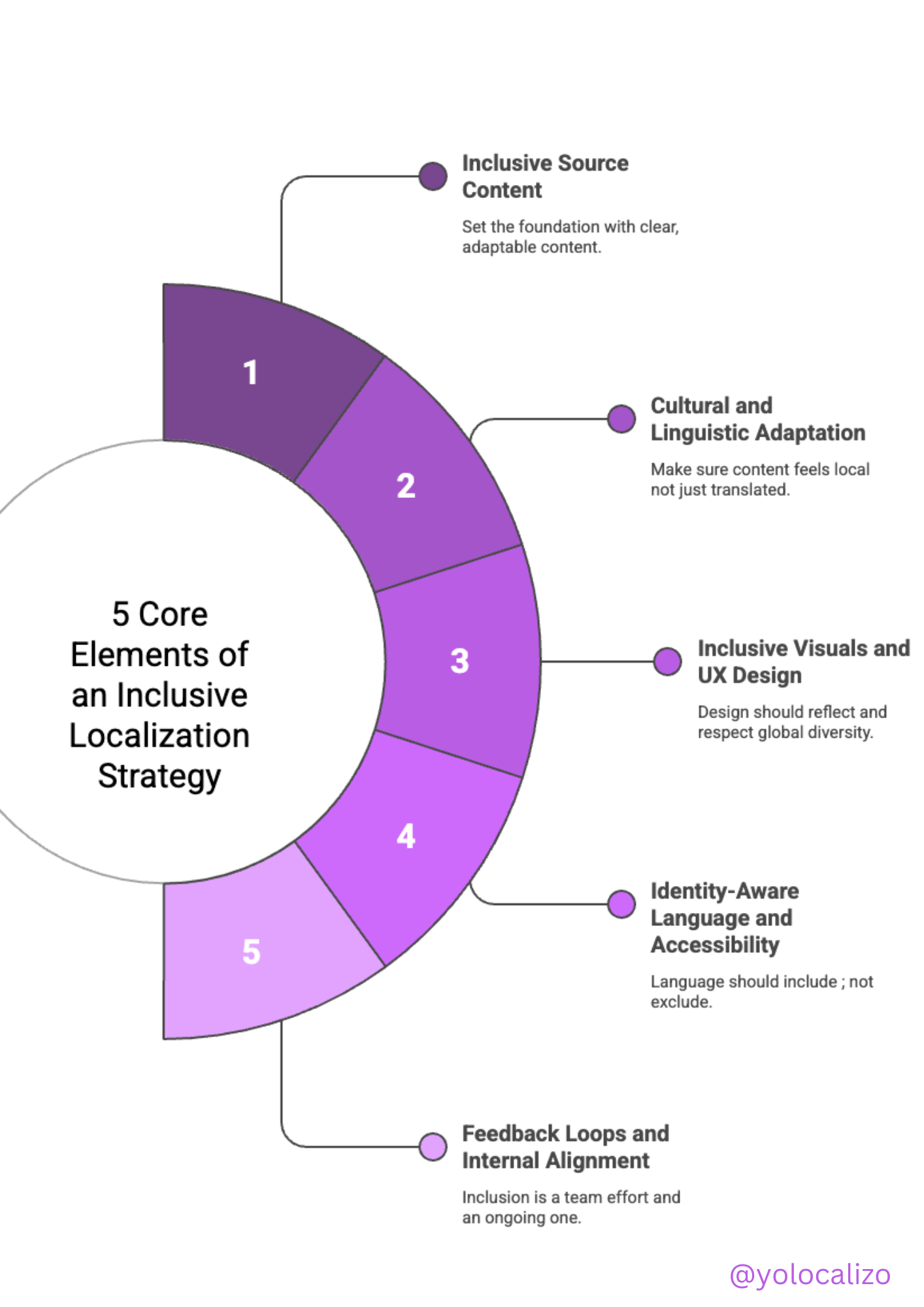

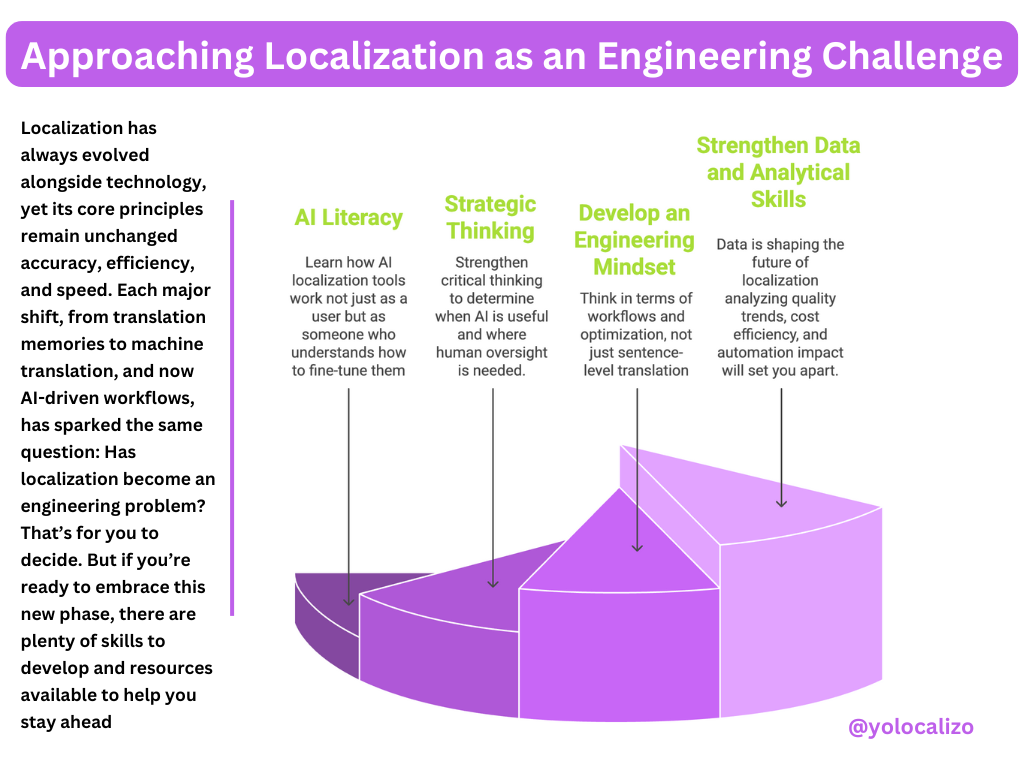
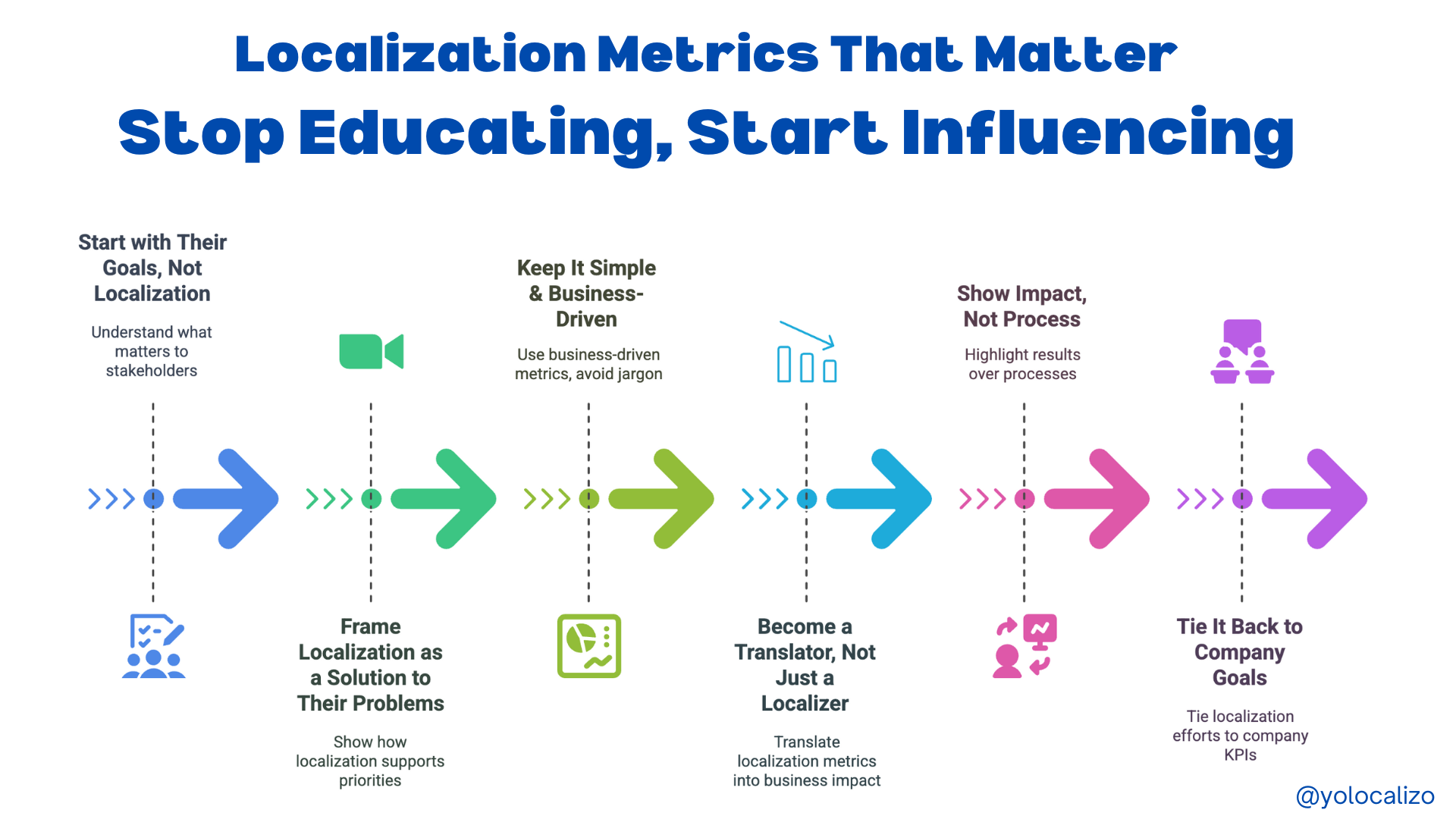


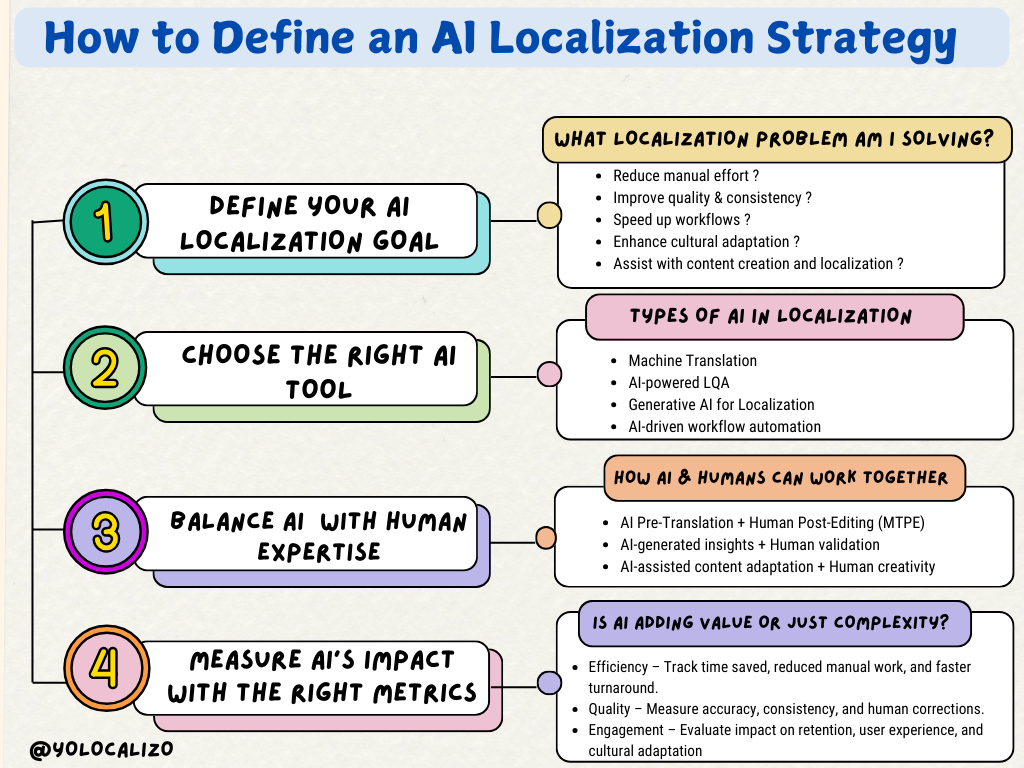






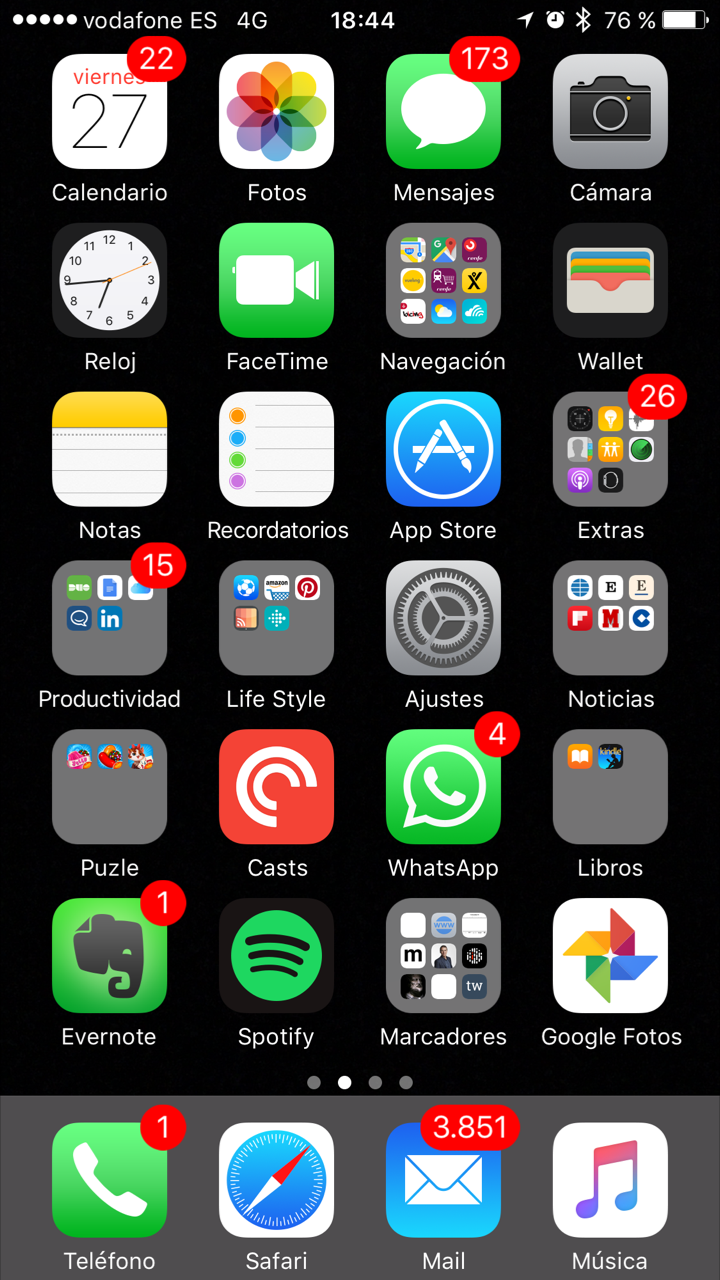



Localizability has always been a challenge small issues in source content often lead to big problems later in translation. In this post, I explore how AI is giving localization teams a powerful new way to improve source quality, reduce friction, and create better content for every market right from the start.